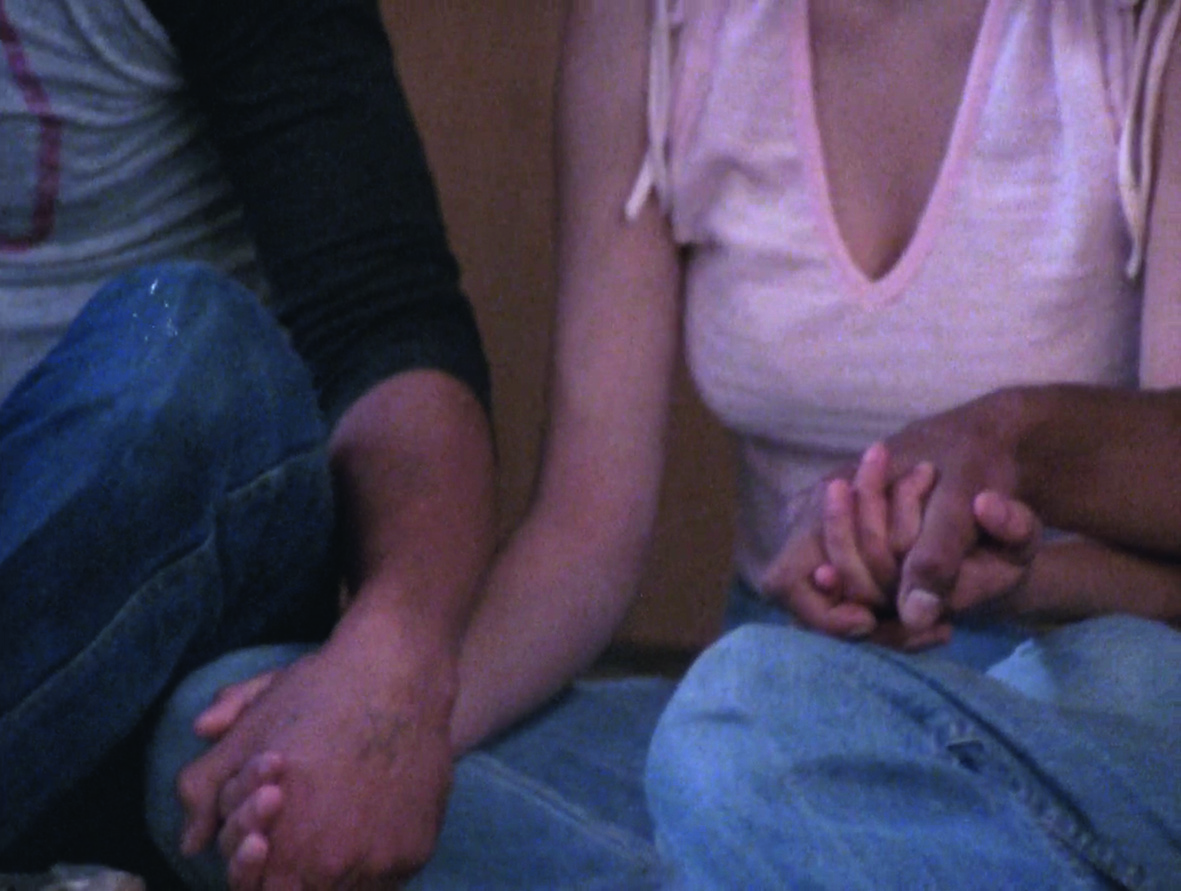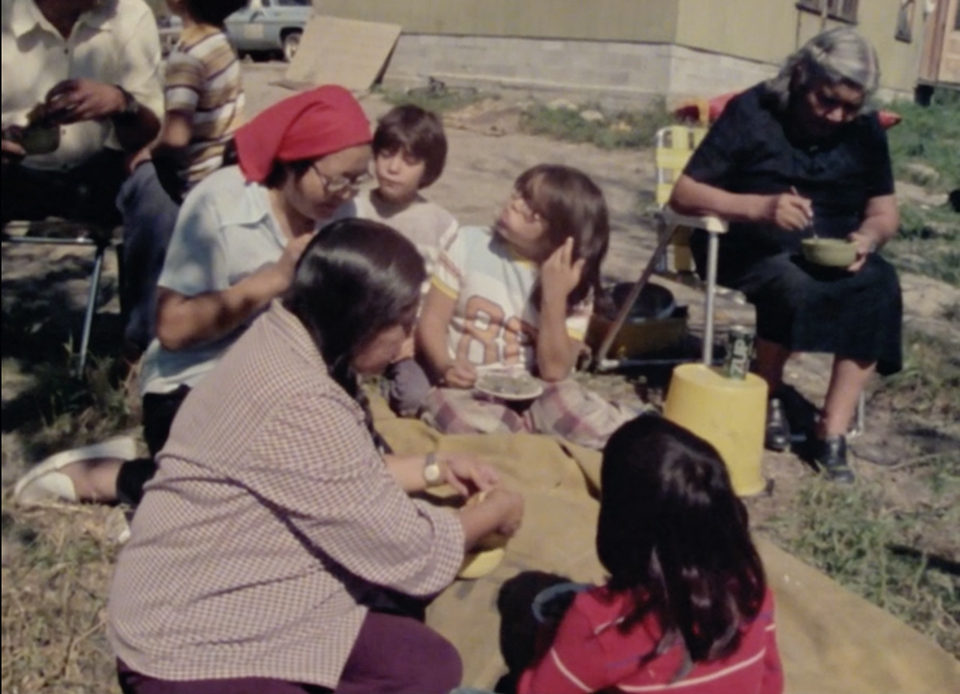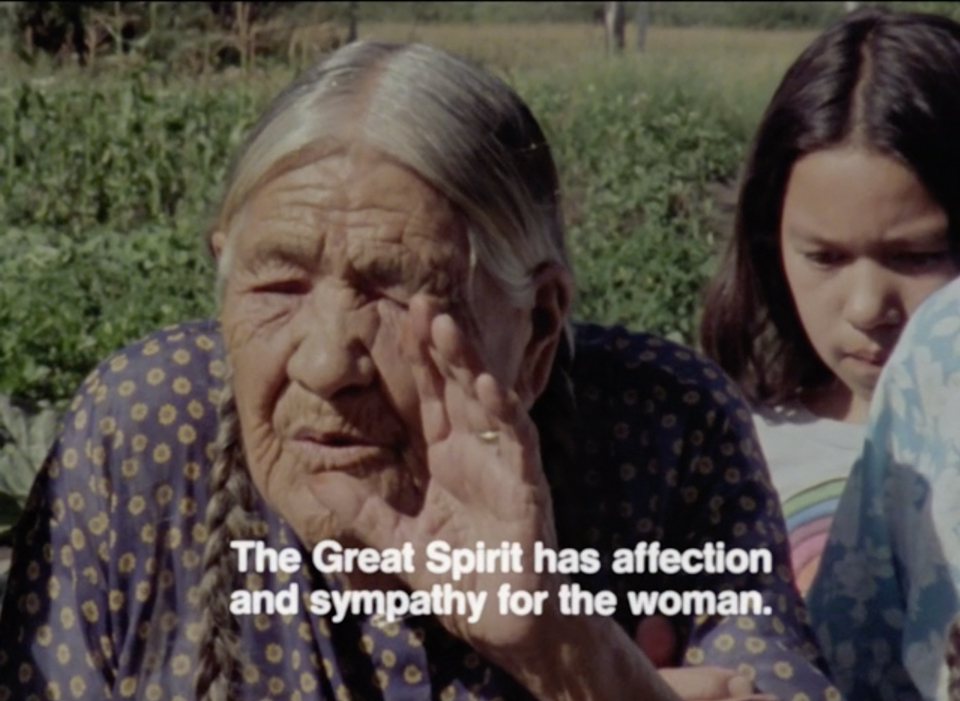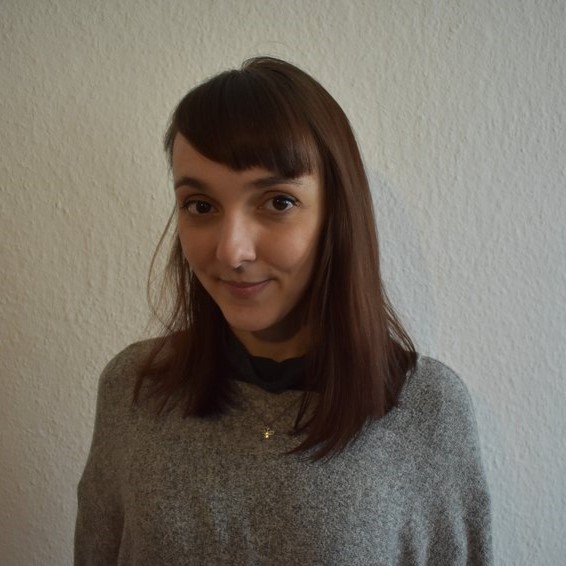CAN 1987 | Director, Script: Alanis Obomsawin | Camera: Roger Rochat | Editor: Rita Roy | Production: Marrin Canell, Alanis Obomsawin, Andy Thomson, Robert Verrall | Colour | DCP | 29 min | english OV | National Film Board of Canada
The documentary takes its name from Canada’s first alcohol and drug addiction treatment centre based in Indigenous culture and spirituality, although it is open to clients of all backgrounds. […] The film focuses on the program and its clients, and the root causes of mental health and addiction among Indigenous people, especially youth. […]
While Obomsawin’s films educate and inform non-Indigenous audiences, they also speak directly to Indigenous viewers. To this end, her own presence in the work as its maker is fundamental. Although we never see the filmmaker in POUNDMAKER’S LODGE, her voice serves as a guide and the moral center of the film. […] This is not the “voice of God narration”, which characterized so many National Film Board documentaires […] Obomsawin instead uses a collective “we”. […]
That Obomsawin’s subjects trust her as one of their own is made clear by the candour and vulnerability captured in the interview sequences. The accounts of abuse, neglect and tragic loss are sometimes shocking. […] Yet the desperation of these men and women is balanced by their inner beauty, wisdom, and perceptiveness. […] POUNDMAKER’S LODGE shows us how this exercise of agency in an individual is enabled by collective resistance. (Richard Fung, in: Alanis Obomsawin: Lifework, 2022)

| Acronyms | |
|---|---|
| amer. | American English |
| b/w | Black and white |
| OV | Original version |
| SUB | Subtitles |
| +SUB | electronic live subtitling (below the image) |
| INT | Intertitles |
| Countries | |
|---|---|
| AT | Austria |
| FRG | Federal Republic of Germany (historic) |
| BLR | Belarus |
| DE | Germany |
| CAN | Canada |
| GDR | German Democratic Republic (historic) |
| EGY | Egypt |
| FR | France |
| GB | Great Britain |
| URY | Uruguay |
| BRA | Brasil |
| SWE | Sweden |
| UKR | Ukraine |
| PL | Poland |
| IDN | Indonesia |
| PRT | Portugal |
| HRV | Croatia |
| ECU | Ecuador |
| HUN | Hungary |
| AUS | Australia |
| IT | Italy |
| MEX | Mexico |
| IND | India |
CAN 1977 | Director: Alanis Obomsawin | Script: Alanis Obomsawin | Camera: Laval Fortier, Bob Ridgell, Don Virgo | Editor: John Laing | Production: Don Hopkins, Douglas Macdonald, Alanis Obomsawin, NFB | Colour | DCP | 58 min | english OV | National Film Board of Canada
“From earth – from water our people grow to love each other in this manner.
For in all our languages there is no he or she.
We are the children of the earth and of the sea.”
Obomsawin’s first feature-length documentary provided the opportunity for Indigenous women from diverse communities across Canada to discuss their experiences as women. The result is a fascinating collage of insights from many Indigenous communities, generations, and experiences. As the vignettes accumulate, the viewer is given an increasingly complex understanding of the ways in which the strength of women holds communities together and keeps Indigenous values vital and active, even as people’s lives change. (Booklet for „The Children Have to Hear Another Story – Alanis Obomsawin“, HKW, 2022)


| Acronyms | |
|---|---|
| amer. | American English |
| b/w | Black and white |
| OV | Original version |
| SUB | Subtitles |
| +SUB | electronic live subtitling (below the image) |
| INT | Intertitles |
| Countries | |
|---|---|
| AT | Austria |
| FRG | Federal Republic of Germany (historic) |
| BLR | Belarus |
| DE | Germany |
| CAN | Canada |
| GDR | German Democratic Republic (historic) |
| EGY | Egypt |
| FR | France |
| GB | Great Britain |
| URY | Uruguay |
| BRA | Brasil |
| SWE | Sweden |
| UKR | Ukraine |
| PL | Poland |
| IDN | Indonesia |
| PRT | Portugal |
| HRV | Croatia |
| ECU | Ecuador |
| HUN | Hungary |
| AUS | Australia |
| IT | Italy |
| MEX | Mexico |
| IND | India |
Introduction Rachel Pronger, Invisible Women
Rachel Pronger is a writer and curator based in Berlin. She is a programme adviser for Sheffield DocFest, BFI London Film Festival and Aesthetica Short Film Festival, and a team member of SiNEMA TRANSTOPIA. As co-founder of archive activist feminist collective Invisible Women, Rachel has co-curated screenings for BFI Southbank, Cinema Rediscovered, HOME Manchester, BalkanCanKino Athens, London Short Film Festival and Glasgow Film Theatre. Her writing has been published by outlets including Sight & Sound, The Guardian, MUBI Notebook, Art Monthly and BBC Culture.







